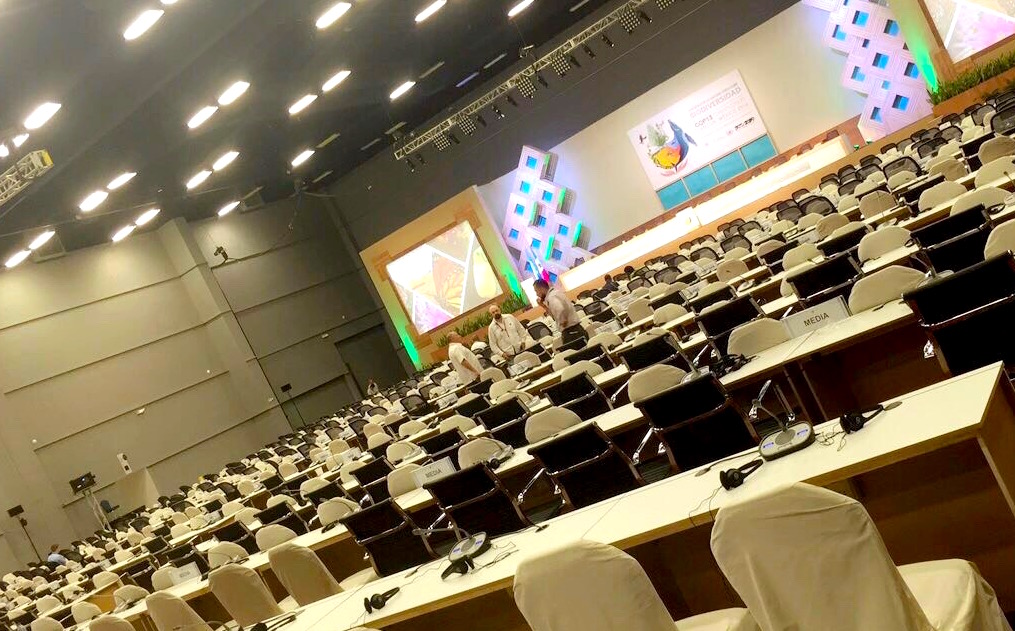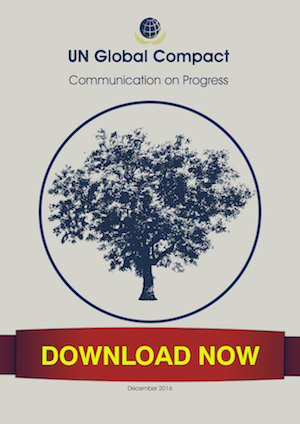The Financial Impact of Ecological Debt
Calculating the financial cost of climate change is no easy endeavor. While the impacts of rising temperatures on the foundations of the global economy are well documented, the financial implications remain to be fully understood.
The United Nations Intergovernmental Panel on Climate Change has calculated that helping nations cope with climate impacts will cost the world half a trillion dollars annually by 2050. According to the London School of Economics, climate change is expected to cut the value of the world’s financial assets by $24 trillion by 2050 in the worst-case scenario. The best-case scenario, if efforts are successfully made to build a greener economy, will lead to the loss of only $2.5 trillion.…

